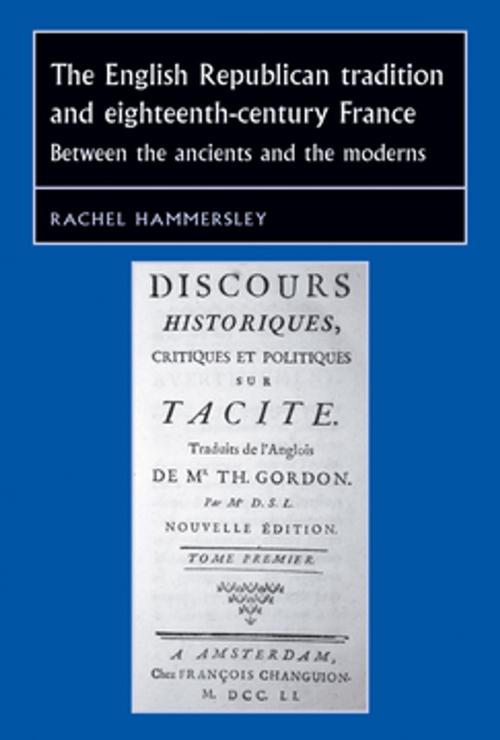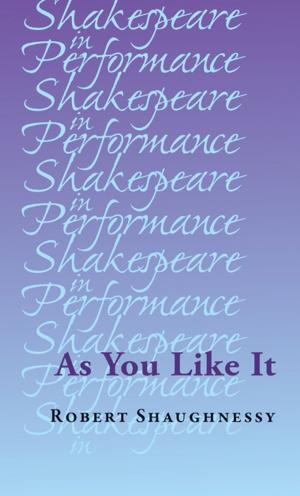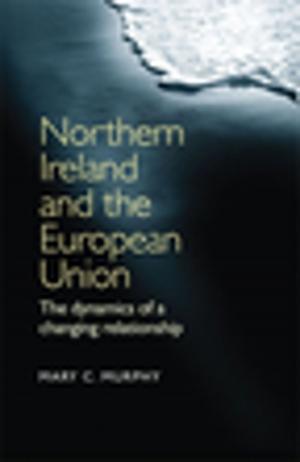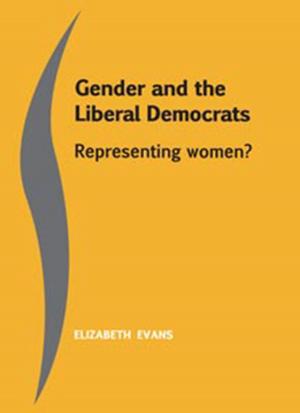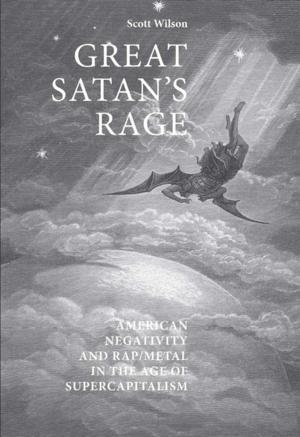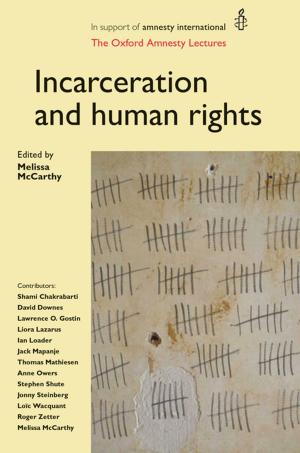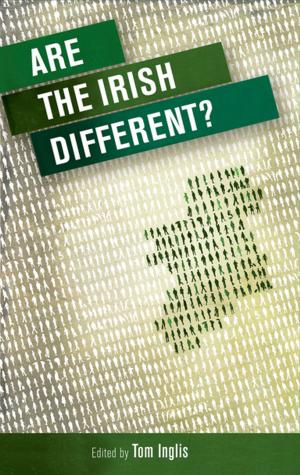The English Republican tradition and eighteenth-century France
Between the ancients and the moderns
Nonfiction, History, Renaissance, Reference & Language, Education & Teaching, Administration| Author: | Rachel Hammersley | ISBN: | 9781847797391 |
| Publisher: | Manchester University Press | Publication: | July 19, 2013 |
| Imprint: | Manchester University Press | Language: | English |
| Author: | Rachel Hammersley |
| ISBN: | 9781847797391 |
| Publisher: | Manchester University Press |
| Publication: | July 19, 2013 |
| Imprint: | Manchester University Press |
| Language: | English |
The English republican tradition and eighteenth-century France offers the first full account of the role played by seventeenth and eighteenth-century English republican ideas in eighteenth-century France.
Challenging some of the dominant accounts of the republican tradition, it revises conventional understandings of what republicanism meant in both Britain and France during the eighteenth century, offering a distinctive trajectory as regards ancient and modern constructions and highlighting variety rather than homogeneity within the tradition. Hammersley thus offers a new and fascinating perspective on both the legacy of the English republican tradition and the origins and thought of the French Revolution. The book is focused around a series of case studies, which focus on a number of colourful and influential characters including John Toland, Viscount Bolingbroke, John Wilkes and the Comte de Mirabeau.
This book will thus be of value to all those interested in the fields of intellectual history and the history of political thought, seventeenth and eighteenth-century British history, eighteenth-century French history and French Revolution studies.
The English republican tradition and eighteenth-century France offers the first full account of the role played by seventeenth and eighteenth-century English republican ideas in eighteenth-century France.
Challenging some of the dominant accounts of the republican tradition, it revises conventional understandings of what republicanism meant in both Britain and France during the eighteenth century, offering a distinctive trajectory as regards ancient and modern constructions and highlighting variety rather than homogeneity within the tradition. Hammersley thus offers a new and fascinating perspective on both the legacy of the English republican tradition and the origins and thought of the French Revolution. The book is focused around a series of case studies, which focus on a number of colourful and influential characters including John Toland, Viscount Bolingbroke, John Wilkes and the Comte de Mirabeau.
This book will thus be of value to all those interested in the fields of intellectual history and the history of political thought, seventeenth and eighteenth-century British history, eighteenth-century French history and French Revolution studies.
